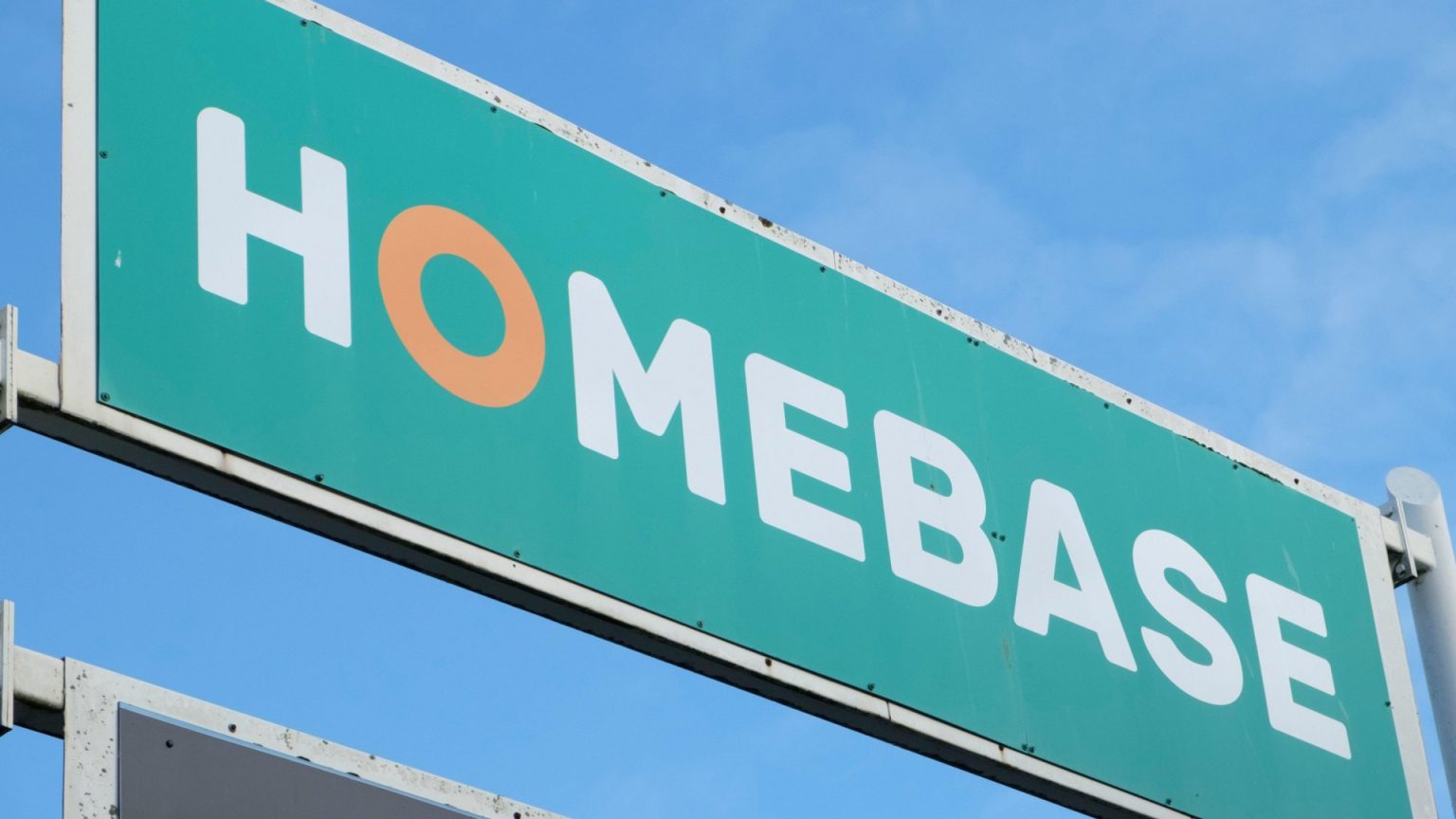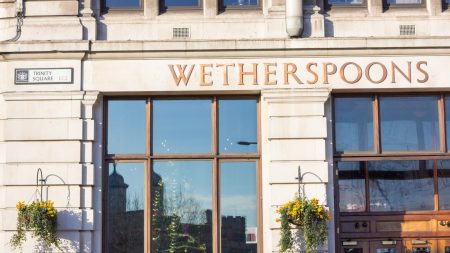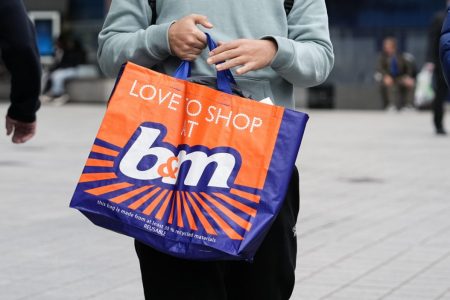The UK home improvement retail landscape is undergoing a significant reshuffling, with Homebase at the epicenter of the change. Facing financial difficulties, the chain entered administration in November 2024, leading to its acquisition by CDS, the owner of The Range and Wilko. This move secured the immediate future of a portion of the business, saving approximately 1,600 jobs and initially safeguarding 70 stores. However, the acquisition marked the beginning of a complex restructuring process, leaving the fate of many stores and employees hanging in the balance.
Following the acquisition, 74 Homebase locations were put up for sale, attracting bids from various retailers. While Sainsbury’s and B&Q have expressed interest and subsequently acquired a combined 15 stores, the future of the remaining locations remains uncertain. As of January 2025, 13 stores are slated for closure, impacting employees and communities alike. The closures represent a continuation of a downward trend for Homebase, which has shuttered over 100 stores since 2018 following its acquisition by Hilco Capital. This wave of closures underscores the challenging environment facing the home improvement sector.
CDS, the new owner of Homebase, is implementing a hybrid strategy for the acquired stores. Several locations will be transformed into new-format The Range stores, incorporating elements of the existing Homebase brand. These hybrid stores will feature garden centers and Dulux paint departments, attempting to cater to a broader customer base. The first of these revamped stores opened in January 2025, with a rapid rollout planned for dozens more across the UK. This ambitious plan aims to revitalize the acquired Homebase locations and integrate them into The Range’s existing portfolio.
The struggles facing Homebase are not isolated incidents but reflect a wider trend of challenges within the home improvement retail sector. Several factors contribute to this difficult environment, including changing consumer spending habits, a downturn in the housing market, and increased competition. The post-pandemic economic landscape has seen consumers tighten their belts, impacting discretionary spending on home improvement projects. Furthermore, the cooling housing market has reduced the incentive for homeowners to invest in renovations and upgrades, further dampening demand in the sector.
This confluence of factors has created a ripple effect across the industry, impacting both large and small retailers. Major players like Kingfisher, the parent company of B&Q and Screwfix, have reported significant profit declines. Smaller, specialized retailers have also faced difficulties, with some, like Everest and Safestyle, entering administration. The challenging market conditions have even led to consolidations, as seen with Tapi’s acquisition of Carpetright stores through a pre-pack administration deal. This deal, while saving some jobs and stores, also resulted in the closure of numerous other Carpetright locations.
The story of Homebase, from its founding by Sainsbury’s in 1979 to its current state of flux, mirrors the broader evolution of the UK retail landscape. The chain’s growth, acquisitions, and eventual struggles reflect the changing dynamics of consumer preferences, economic fluctuations, and competitive pressures. The current restructuring under CDS ownership marks a pivotal moment for the brand, with its future hinging on the success of the hybrid store model and the broader recovery of the home improvement sector. The ongoing closures and transformations within the industry underscore the challenges and uncertainties facing retailers in the current economic climate.











